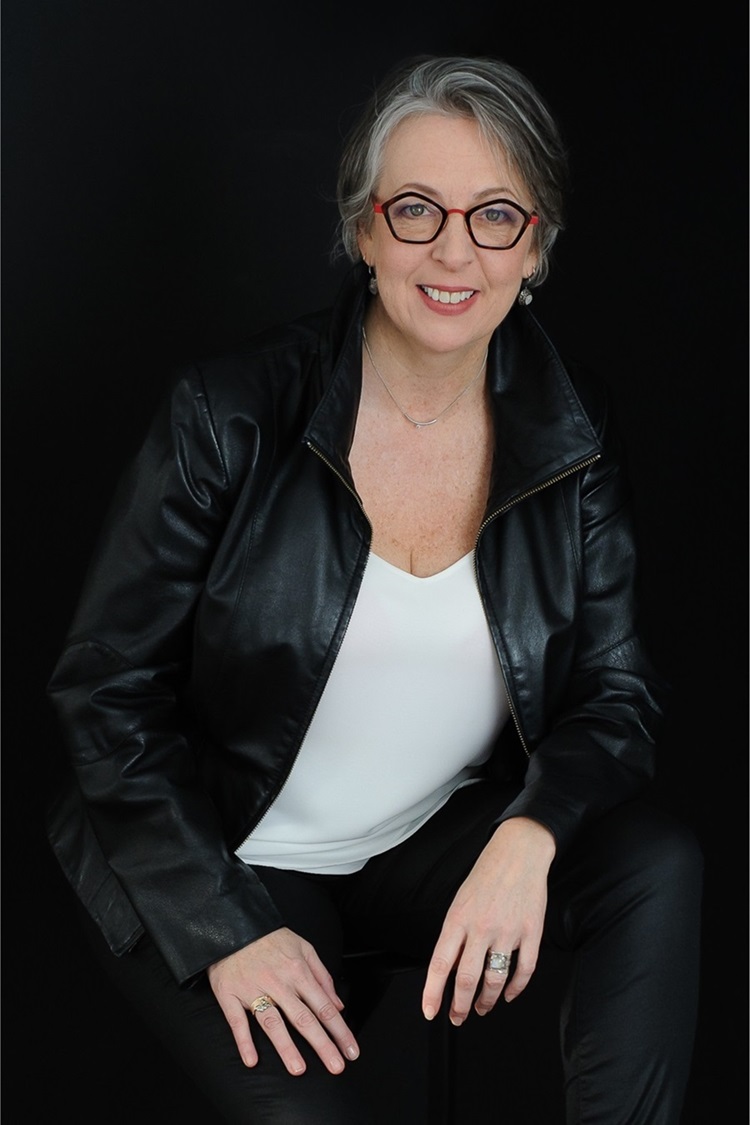PAL Place offers below-market, affordable housing to members of Ottawa’s arts community aged 55 and up.
By Dan Lalande
“Life for artists and arts workers is, and has almost always been, unaffordable in Canada, let alone Ottawa,” explains Leah Cogan, an artist in her own right as well as the current Chair of PAL, an Ottawa-based service provider looking after our city’s lifelong creatives. “Compound that with aging, as work opportunities dwindle and support costs increase, and you have a community of beloved Canadian artists at high risk of homelessness.”

Cate Proctor, one of PAL’s key consultants, elaborates: “Senior artists and arts workers, generally, have lower incomes as they age. The precarity of their field of work does not allow for many, if any, financial savings to cushion living expenses, especially in their senior years, yet they remain actively creating.”
So where does the veteran folk singer, the retired lighting designer, the career painter go? Other communities, from Hollywood to Toronto, have established affordable housing for those who’ve traded security for artistry. But no mid-sized city has taken up the initiative … until now.
PAL Ottawa is a volunteer-driven, non-profit, charitable organization that provides affordable housing and programs for veteran artists and art workers in the National Capital Region. Since 2012, PAL Ottawa has provided personal care services, transportation and collaborative opportunities within the local arts community, largely through a generous, hard-working arm known by the fitting pun Supporting Cast. Now, though, PAL Ottawa is extending its reach as never before, with the establishment of PAL Place.

PAL Place, modelled on a similar facility in Toronto, offers below-market, affordable housing rates to members of Ottawa’s arts community who are aged 55 and over. Candidates must meet the eligibility criteria for affordable housing and be recognized as professionals by their peers. In partnership with the Ottawa Community Housing Corporation and, by association, Hobin Architects Inc., PAL Ottawa will soon be filling a block of 86 bachelor, one-bedroom, two-bedroom, and three-bedroom units.
The property, slated to open in 2026, is located in the heart of Little Italy at 305 Rochester Street. It will include limited parking, active transportation, shared greenspace, a rooftop terrace and an indoor/outdoor creative space that will host presentations, exhibitions, workshops and more. Twenty-two of the units will be designated for those with disabilities. All residents must be able to live independently.
“There’s no doubt that there is a deep appreciation and love for the arts in our city and a fairly widespread acknowledgment that they deliver immeasurable social and economic value,” says Leah. “But when it comes to determining practical solutions to preserve and protect the artistic vibrancy of our city, our systems don’t or can’t react in a way that’s relevant to how the arts sector works. PAL and now PAL Place are bridging that.”
As you can appreciate, a project of such magnitude has a lot of moving parts. And though compromises have been made to PAL Place’s original vision, the integrity behind the initiative has yet to suffer. “The partners working on this project have been exemplary in their ability to collaborate, change direction, find new solutions and get us closer to something that can be sustainable, beautiful, and has impact,” says a grateful Leah. “There are no doubt more adaptations to come as the economy and housing market continue to press on our weak spots, but this project has shown remarkable resilience.”
Leah, an actor and musician by training, also works as an arts educator and coach. Some years ago, she was hired by the Alliance to End Homelessness Ottawa to co-design an immersive training program as well as to deliver its Starts With Home campaign. When PAL’s previous chairman of the board, theatre director and actor Peter Haworth, met Leah while collaborating on a production, he invited her to be vice chair. Leah, who has since succeeded Peter, ensures that PAL’s membership is adequately represented in all decision-making, whether it be with strategic partners, various levels of government or the media.
Cate Proctor first heard about PAL when she relocated to Ottawa in 2016 after life out east. In 2021, she enthusiastically brought her 20 years as an executive director of multi-disciplined, arts-related organizations to PAL. “I draw on my organizational skills, collaborative nature and holistic planning drivers to meet our ever-moving targets and timelines.”

Senior artists and arts workers should apply for residency at PAL Place as soon as possible. Urges Cate, “We encourage everyone to spread the word for this unique opportunity for a live/workspace that will foster communal well-being.”
“Response from both the local arts community in Ottawa and the general public has been tremendous!” she adds. “We have been welcomed by multiple festivals and media outlets to share our story. We are so grateful for everyone’s support!”
As are Ottawa artists for having such a reliable PAL.






